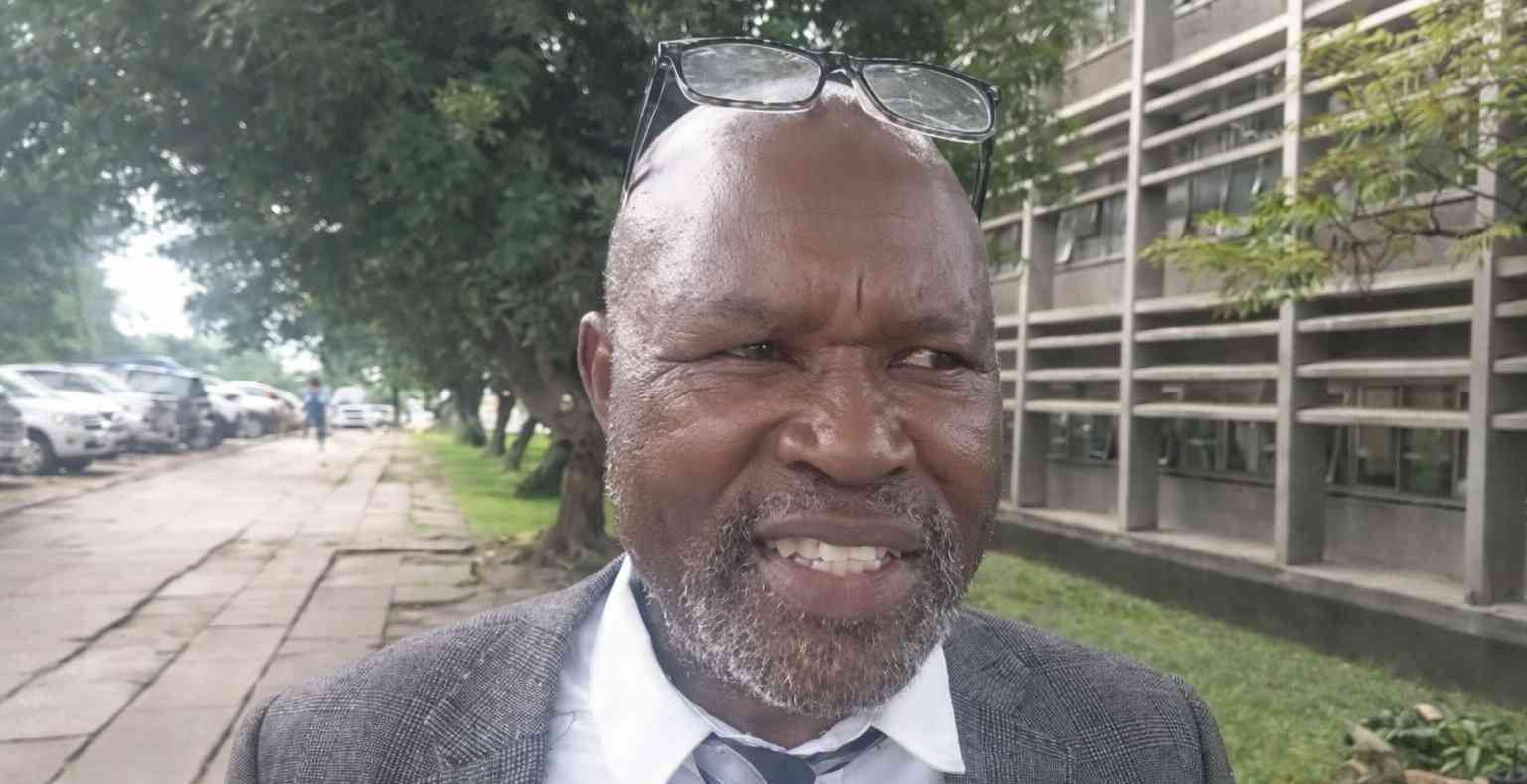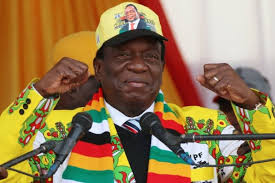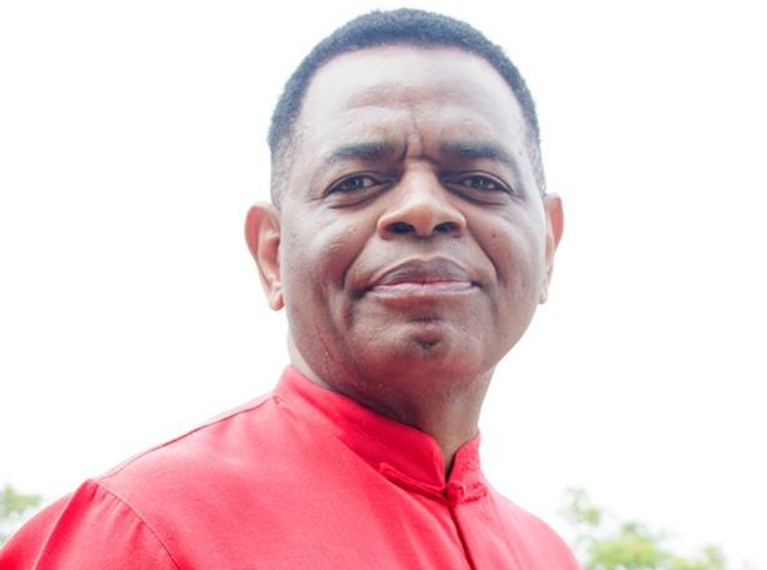
In a region where tradition has long dictated the course of leadership, the appointment of 31-year-old Silibasizo Mlotshwa, now Chief Mvutu, as the first female chief in Hwange district marks a quiet revolution.
Her installation at the apex of traditional authority in Matabeleland North is not merely a ceremonial event, but a striking inflection point for gender and generational equity in Zimbabwe.
This appointment, after a protracted 11-year struggle, exemplifies women’s unwavering courage and determination.
This landmark achievement in community leadership and gender representation marks significant progress for women in leadership, setting a powerful precedent for championing women’s rights, advocating for gender equality, and promoting equity within the Hwange District.
For over a decade, the Centre for Natural Resources Governance (CNRG) has worked to insert gender into the murky calculus of extractives governance in Hwange, a district rich in coal, wildlife, and contested authority.
Now, with Chief Mvutu’s rise, that agenda finds a powerful new champion from within. Her ascension sends a clarion message: women not only belong in leadership—they can thrive there.
Her appointment underscores the imperative of inclusive governance and the necessity of diverse voices in decision-making structures overseeing natural resources in this mineral- and wildlife-rich district.
In a society where patriarchy remains deeply embedded, Chief Mvutu’s appointment is both a symbolic and strategic breakthrough.
- Smuggling of gems bleeding Zim’s economy
- Smuggling of gems bleeding Zim’s economy
- News in depth: British investor digs in over Marange diamond concession saga
- Zim lithium mines being sold for a song
Keep Reading
It challenges entrenched norms and demonstrates that the future of traditional leadership can accommodate youth, modernity, and feminine authority.
It also provides a rare opportunity to reframe conversations around natural resource governance, traditionally the domain of elder men.
Her voice adds not just diversity, but legitimacy to ongoing calls for inclusive decision-making in communities that have borne the brunt of environmental degradation, displacement, and social fragmentation due to extractive operations.
Her leadership comes with weighty potential: to tackle gender-based violence, to champion sexual and reproductive health rights, and to interrogate how extractive industries exacerbate inequality for women.
In mining zones, the statistics are grim, abuse is common, health services are scarce, and agency for women is often minimal.
Yet with a woman at the helm of customary power, the dynamic begins to shift. Traditional structures, often dismissed as relics, become sites of reform.
CNRG’s strategy is to deepen that shift. By investing in community leaders like Chief Mvutu, the organisation bolsters efforts to embed a gendered lens into policy, practice, and local norms.
The presence of women in such high offices ensures that progressive interventions—health services, economic opportunities, legal redress—are not imposed from above but rooted in community legitimacy.
More importantly, Chief Mvutu’s leadership could catalyse a ripple effect. Her rise opens space for other women and youth to see themselves as decision-makers, not mere subjects of governance.
Her advocacy could usher in a rebalancing of power, one that elevates marginalised voices in resource-rich, but opportunity-poor areas.
Chief Mvutu’s appointment also demonstrates movement and progress towards gender equality and the recognition of how women are key in community development.
Her presence in a traditionally male-dominated sphere sends a powerful message about the capabilities of young women to lead and make a lasting impact.
Furthermore, her leadership can bring about positive changes around gender and extractive conversations in the Hwange mining communities, ensuring that women’s voices are heard and their rights are protected.
Among fundamental rights, these rights include but are not limited to sexual and reproductive health.
CNRG continues to collaborate with traditional structures and communities to advocate for comprehensive sexual reproductive health interventions that empower women to make informed choices.
This focus on health benefits not only benefits women but also contributes to the overall well-being of the community, resulting in healthier families and a more productive society.
If harnessed effectively, her platform can help dismantle obsolete patriarchal edicts and replace them with a vision of shared prosperity—one where women are not only protected but empowered to shape their futures.
While it is too early to measure her impact, the precedent is set, and the symbolism is potent.
Hwange’s first female chief may just redefine what power looks like in Zimbabwe’s extractive heartland. — Post navigation Ndaizivei Garura











